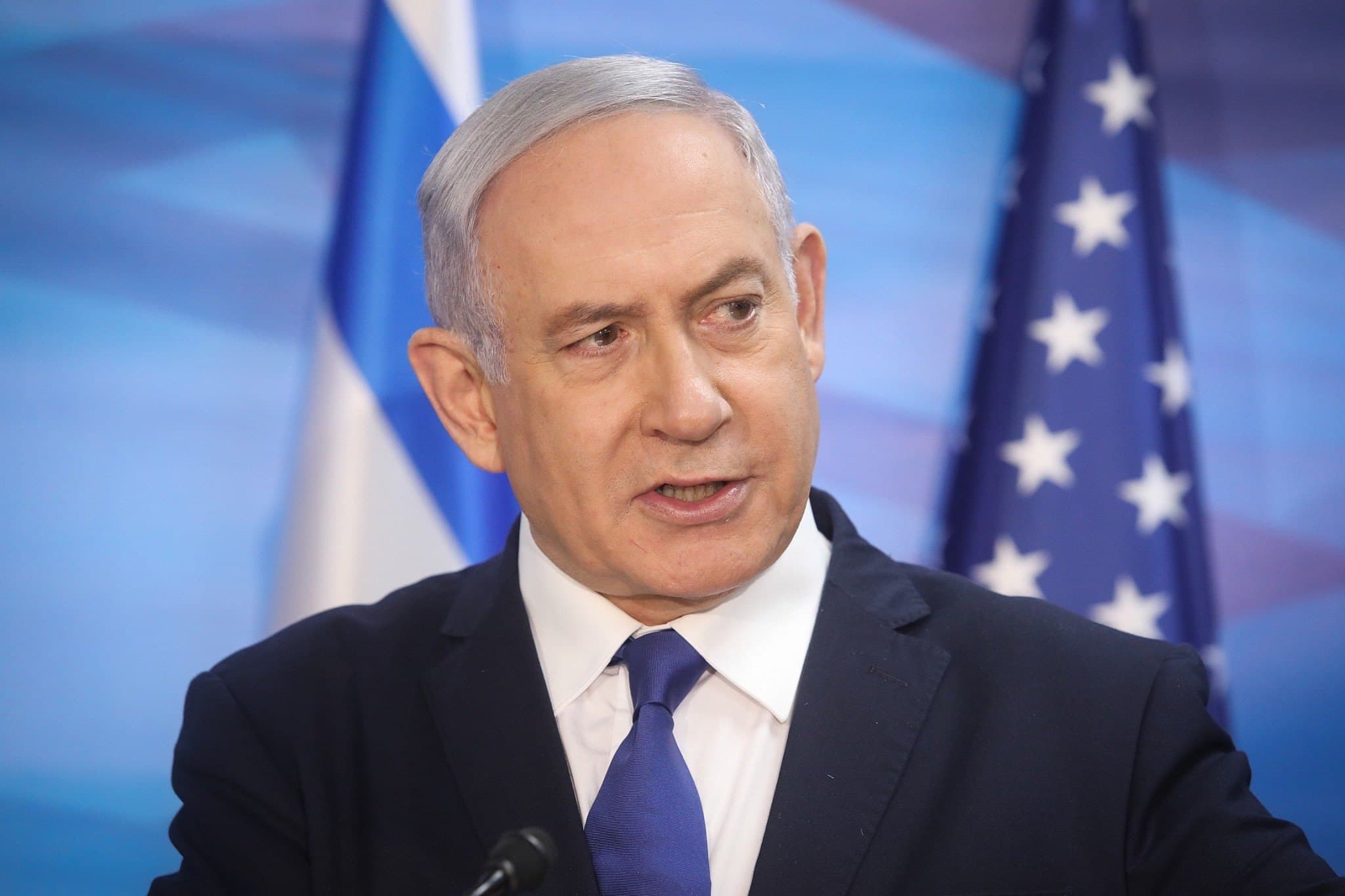Netanyahu Announces Urgent Plan to Demilitarize Gaza and Establish Security Zones
In a significant escalation of rhetoric and policy regarding the ongoing conflict in Gaza, Israeli Prime Minister Benjamin Netanyahu has unveiled a comprehensive plan aimed at demilitarizing the territory controlled by Hamas. This announcement comes amid escalating tensions and humanitarian concerns, with Netanyahu accusing Hamas of deliberately creating supply shortages in the region. The Prime Minister"s statements signal a shift towards more aggressive military and political strategies in the region.
Background & Context
The Israeli-Palestinian conflict has a long and complex history, marked by cycles of violence, negotiation, and failed peace efforts. Since Hamas took control of Gaza in 2007, the territory has been the focal point of numerous military confrontations between Israeli forces and Palestinian militants. In recent months, the situation has deteriorated significantly, with both sides suffering heavy casualties and widespread destruction. International observers have raised concerns about the humanitarian impact on civilians in Gaza, where shortages of food, medical supplies, and basic necessities have become critical.
Netanyahu"s remarks come at a time when the international community is increasingly divided over the best approach to resolving the conflict. While some nations advocate for diplomatic solutions, Israel has consistently emphasized the need for military action against what it perceives as existential threats posed by Hamas. The Prime Minister"s announcement appears to align with this hardline stance, indicating a potential shift in Israeli policy towards a more aggressive military posture.
Key Developments
During a press conference, Netanyahu outlined a multi-faceted plan that includes the establishment of a security zone along the Gaza border. "Gaza will be demilitarized," he stated emphatically, underscoring that the timeline for implementing these changes is "fairly quick." The Prime Minister believes that creating safe zones is the most effective strategy to end the ongoing conflict and to ensure the long-term security of Israel.
Netanyahu"s assertion that Hamas is responsible for the supply shortages in Gaza has drawn scrutiny from humanitarian groups, who argue that the blockade and military actions by Israel have significantly contributed to the dire conditions faced by civilians. The Prime Minister"s comments suggest a readiness to intensify military operations against Hamas, with the aim of dismantling its military capabilities entirely.
Broader Impact
The implications of Netanyahu"s plan extend beyond the immediate military landscape. Analysts warn that a renewed focus on military action could exacerbate the humanitarian crisis in Gaza, complicating efforts for peace. International organizations have expressed concern that further military engagement may lead to increased civilian casualties, undermining any potential for diplomatic resolution.
Experts in Middle Eastern politics highlight the potential backlash against Israel both regionally and globally. The announcement could galvanize anti-Israel sentiments and prompt protests, similar to recent developments in other countries where public demonstrations have erupted over perceived injustices. For instance, recent developments in the UK illustrate how public opinion can rapidly shift in response to military actions abroad.
What"s Next
As Netanyahu"s plan unfolds, the international community will be closely monitoring developments in Gaza. The Prime Minister"s timeline for action suggests that military operations could commence soon, raising questions about the potential for an escalation in violence. Analysts are already speculating about the possible responses from Hamas and other militant groups in the region, as well as the potential for a broader conflict involving neighboring countries.
In the coming weeks, diplomatic efforts may intensify as global leaders seek to mediate the situation. However, the entrenched positions of both Israel and Hamas present formidable challenges to any peace initiatives. Observers will be looking for signs of engagement or resistance from both parties, as the region braces for what could be a pivotal moment in the ongoing conflict.



![[Video] Gunfire between Iraqi security forces and Sadr militias in Baghdad](/_next/image?url=%2Fapi%2Fimage%2Fthumbnails%2Fthumbnail-1768343508874-4redb-thumbnail.jpg&w=3840&q=75)
